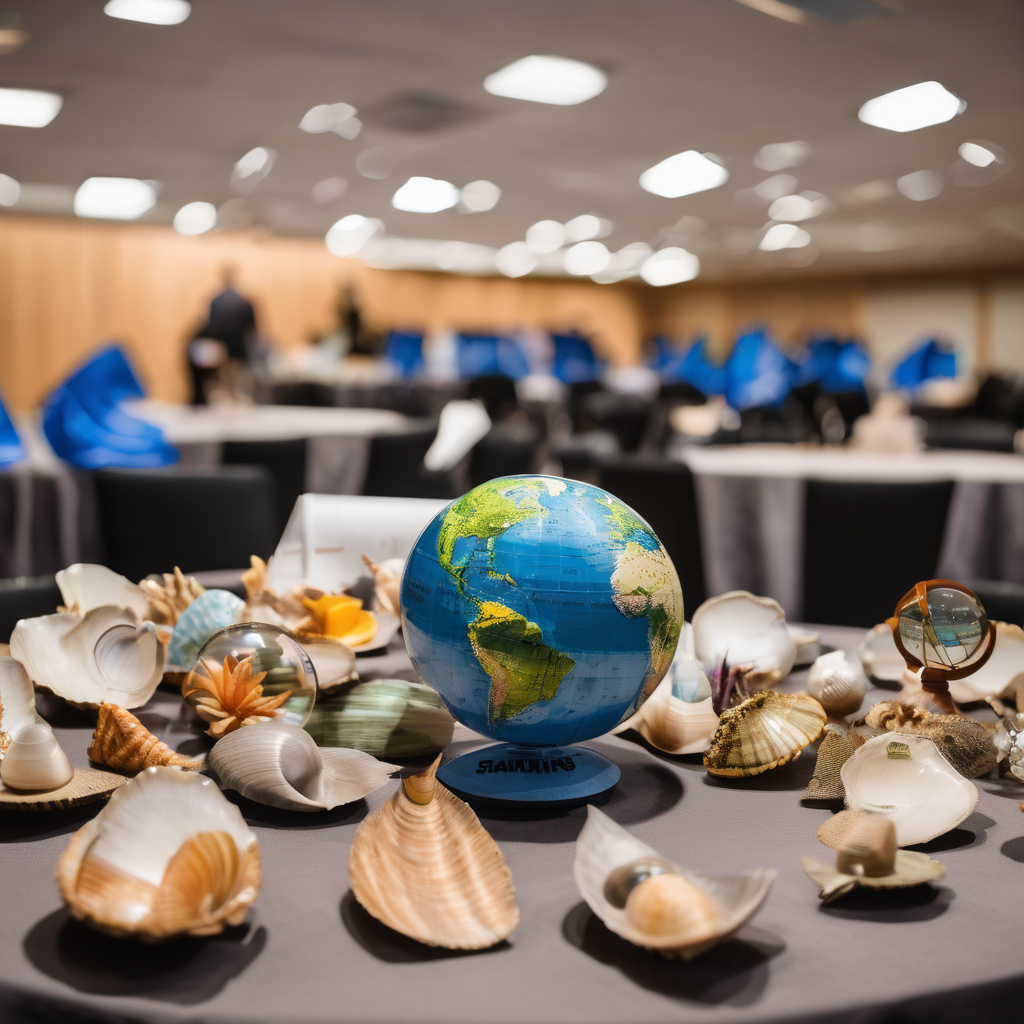Pacific nations are gearing up to actively participate in the ongoing 30th Conference of the Parties (COP30) to the UN Framework Convention on Climate Change (UNFCCC) in Belém, Brazil, with a commitment to meet the critical 1.5-degree Celsius limit set by the Paris Agreement. This resolve was evident during the initial coordination meeting of the Pacific Small Island States (PSIDS) at the event, where leaders emphasized the importance of their unified voice in advocating for the vulnerable populations in their region.
Pepetua Latasi, Secretary of the Ministry of Home Affairs, Climate Change, and Environment of Tuvalu, expressed this determination by stating, “The Pacific comes ready, they are here to engage and advocate for the survival of our communities.” With a focus on ensuring that outcomes from COP30 address the needs of Pacific communities, Latasi highlighted the importance of unity in the face of a crisis that disproportionately affects their region.
Facilitated by the Government of Tuvalu, the coordination sessions are crucial for Pacific negotiators as they review and navigate various thematic priorities over the course of the conference, which runs until November 21, 2025. “The coordination to bring the one Pacific voice together is crucial in this space,” Latasi added, reflecting on the unique challenges faced by Pacific nations—a direct result of climate change.
Pacific countries were among the original signatories of the Paris Agreement in 2015, committing to limiting the rise in global temperatures to well below 2°C, aspiring to restrict it to 1.5°C. Nonetheless, progress has proven insufficient, necessitating renewed efforts at COP30 to keep this goal achievable.
One of the key expectations for this conference includes establishing clear indicators for measuring progress towards the Global Goal on Adaptation (GGA) outlined in the Paris Agreement. With debates ongoing around these indicators—including those addressing means of implementation—experts are expected to present options for decision-makers to deliberate.
Another significant topic will be the Nationally Determined Contributions (NDCs) under the Paris Agreement. Many countries, particularly major greenhouse gas emitters, have failed to meet their deadlines for submitting updated contributions.
The intensity and scope of negotiations at COP30 are underscored by the introduction of nine additional agenda items, which reflect the critical issues that delegations deem essential for discussion. Latasi anticipates long days ahead, recognizing the vital nature of this work for future generations.
The Pacific Delegation Office, a collaboration with the New Zealand Government managed by the Secretariat of the Pacific Regional Environment Programme (SPREP), plays a pivotal role in emphasizing the collective voice of Pacific nations at global negotiations. Positive signs are emerging from the coordination meetings, with delegations arriving prepared and ready to engage in meaningful discussions.
Amidst the challenges facing the Pacific, leaders remain optimistic that their advocacy efforts can catalyze a significant global response to climate change. As COP30 unfolds, hopes are high for the Pacific Islands to articulate a clear and impactful stance, driving forward the narrative of resilience and adaptation necessary for the survival of their communities in a warming world.
